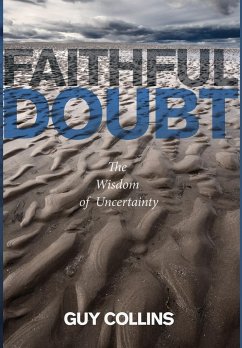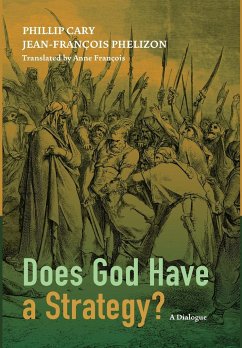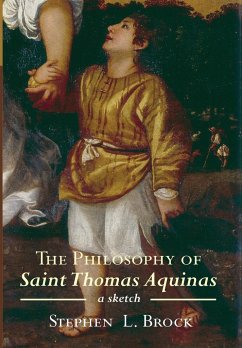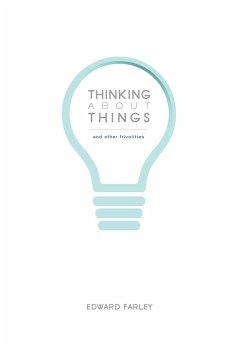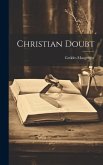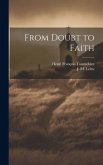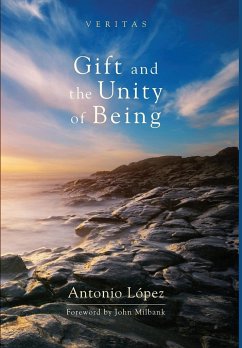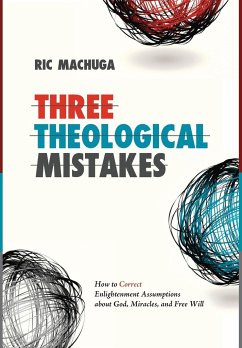In Faithful Doubt Guy Collins explores the role of doubt within theology and philosophy. Focusing on three philosophers--Giorgio Agamben, Jacques Derrida, and Slavoj ¿i¿ek--Faithful Doubt argues that atheism can be redeeming. Far from being inhospitable to faith, doubt is increasingly necessary for theology. As well as introducing the thought of contemporary philosophers, Faithful Doubt examines the significance of popular entertainment and narrative. Novels of Ursula Le Guin, Neal Stephenson, China Mieville, and others are read alongside Star Wars, Star Trek, and Battlestar Galactica. Fiction highlights the fluid nature of the sacred and the secular. On the question of evil, Faithful Doubt suggests that wisdom lies in acknowledging uncertainty. Weaving the story of Job together with St. Augustine, Donald MacKinnon, and Eleonore Stump, evil exemplifies the necessity for doubt within theology. Faithful Doubt brings a new perspective to debates about the relationship between faith and reason. Concluding with a discussion of Soren Kierkegaard, Collins presents a compelling case for harnessing atheism and doubt in service to Christian faith. In order to ""doubt wisely"" we need to heed the ""faith of the faithless.""
Hinweis: Dieser Artikel kann nur an eine deutsche Lieferadresse ausgeliefert werden.
Hinweis: Dieser Artikel kann nur an eine deutsche Lieferadresse ausgeliefert werden.

